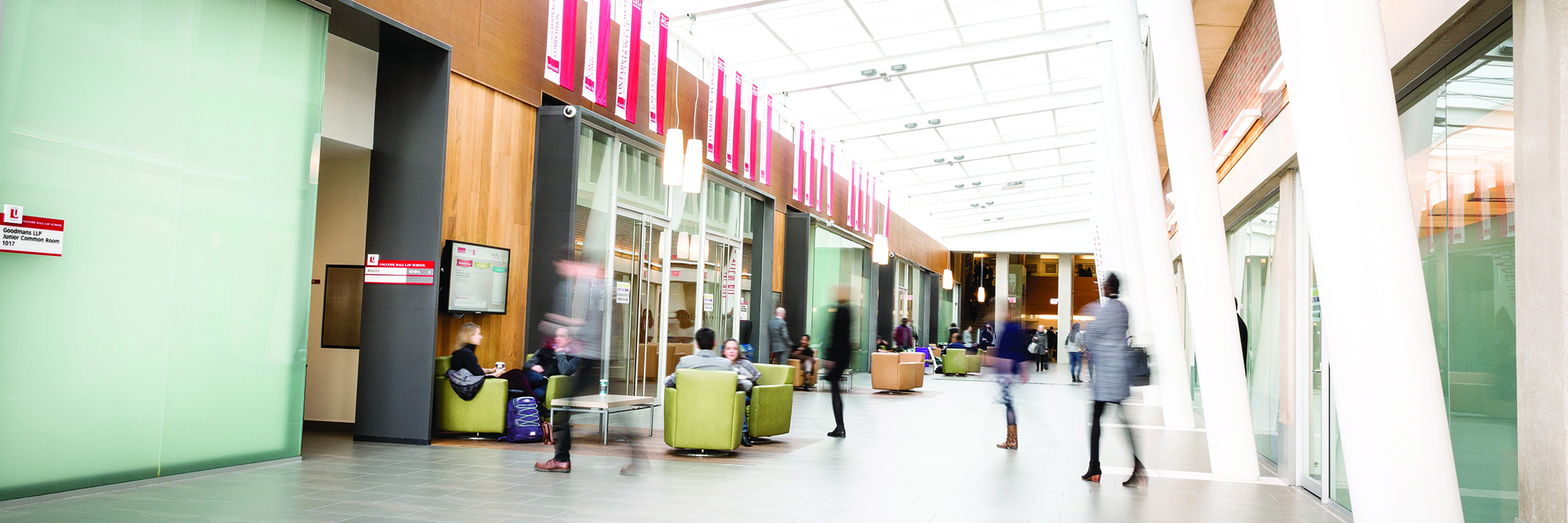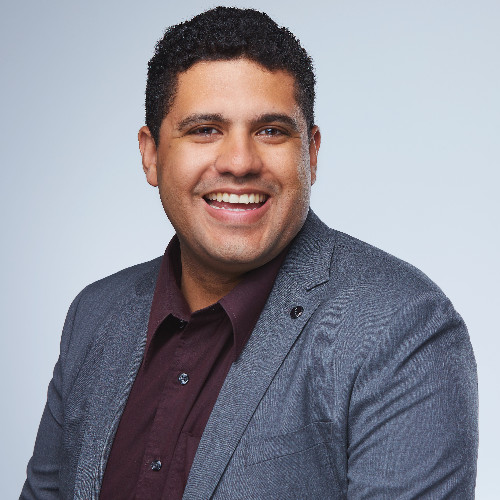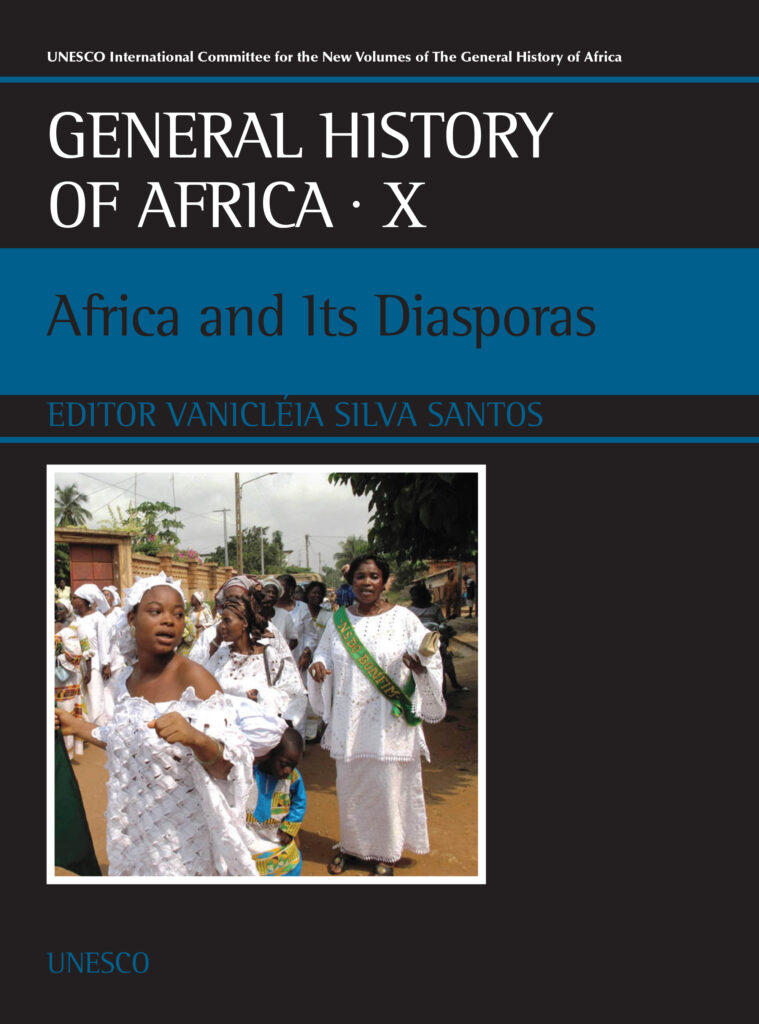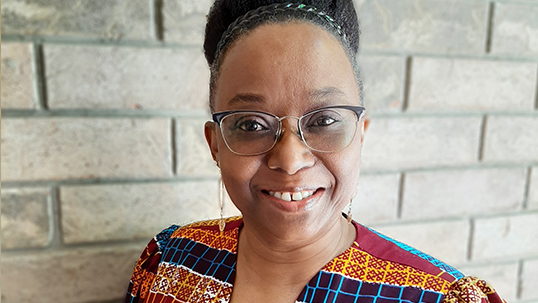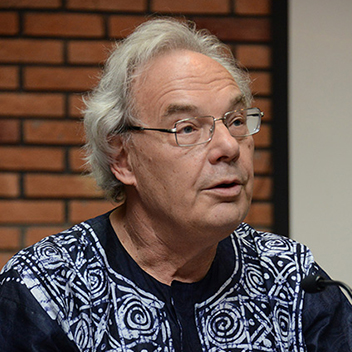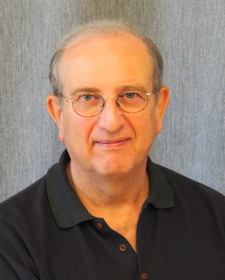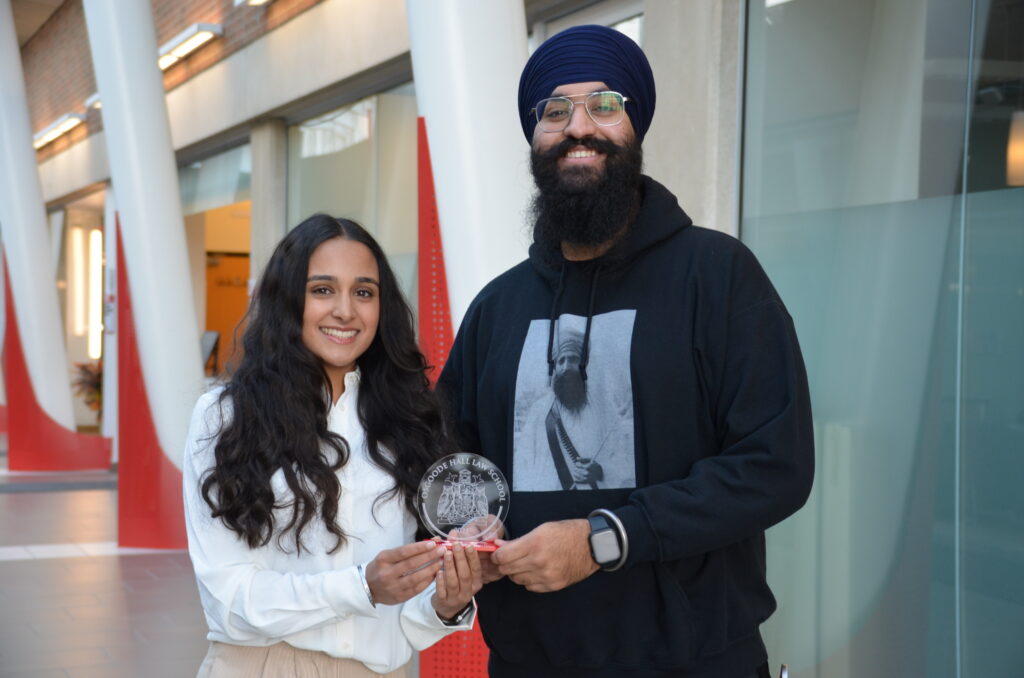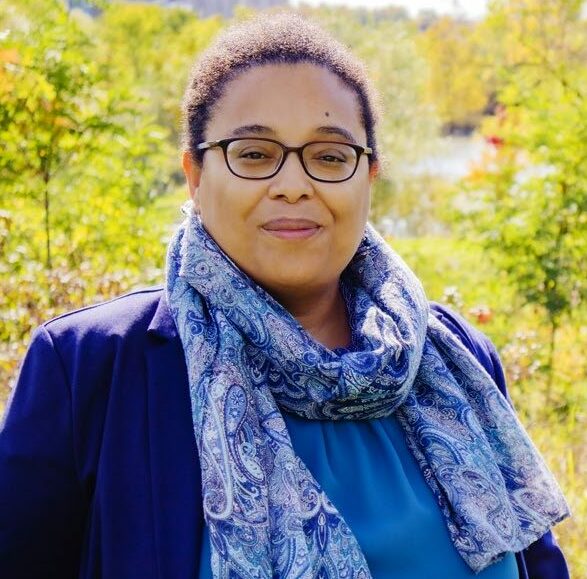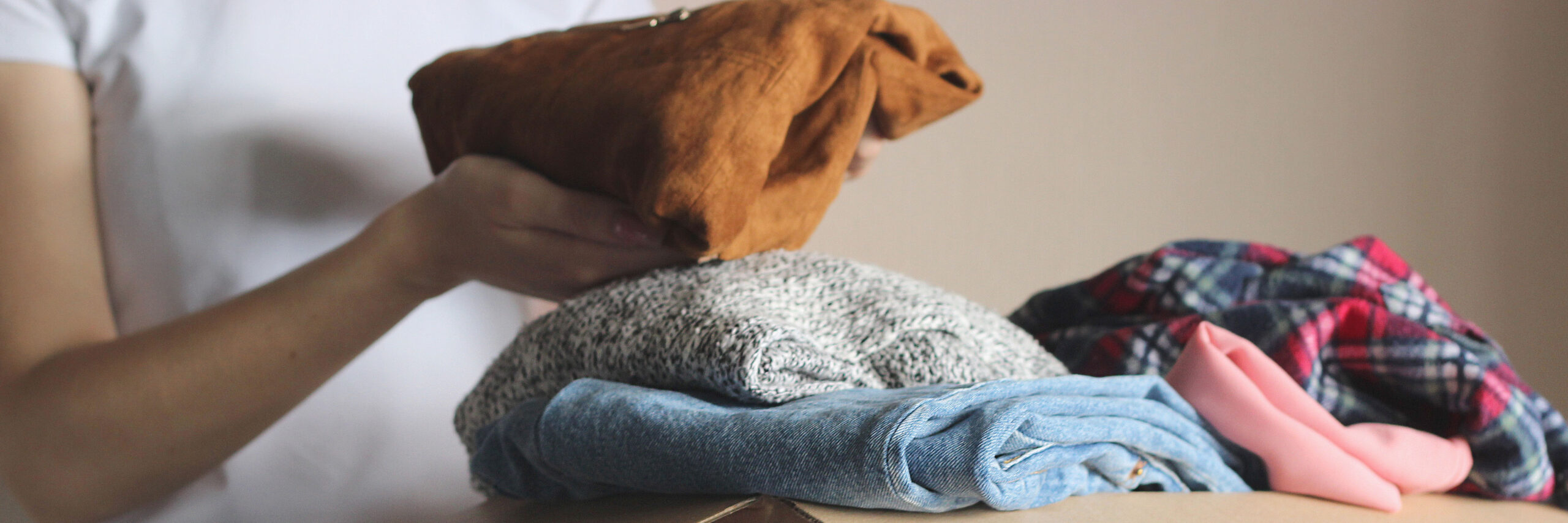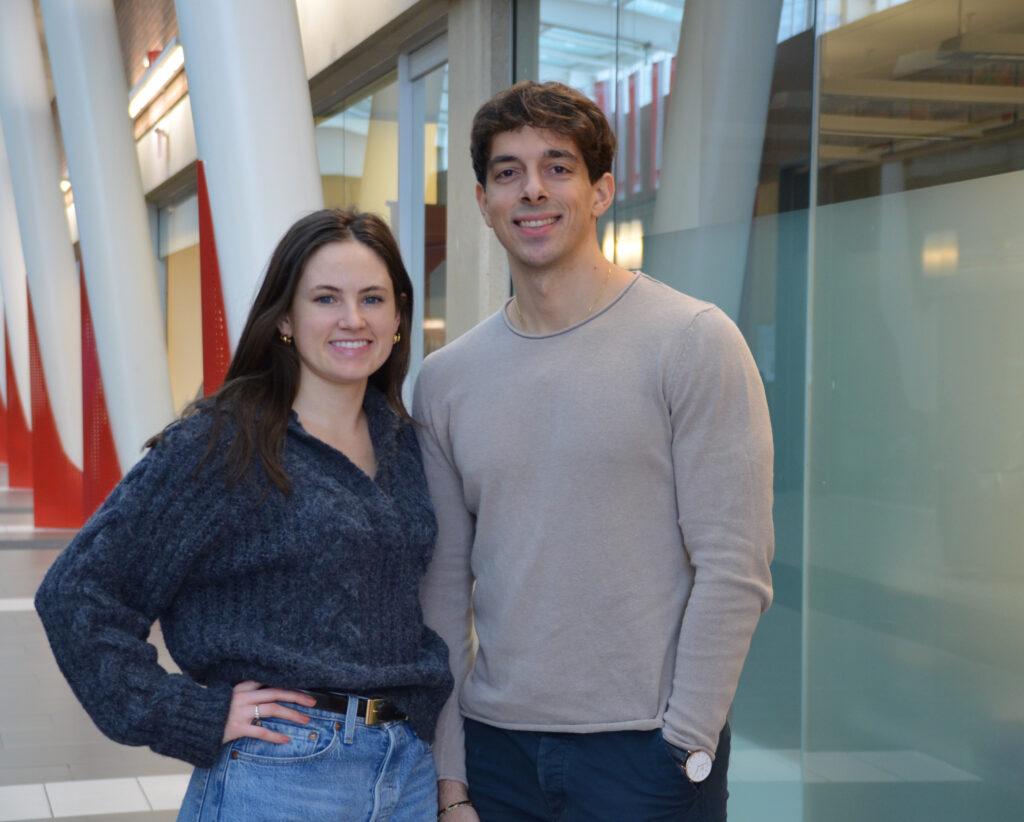With only 11 hours to spare, two student lawyers from Osgoode Hall Law School’s Community & Legal Aid Services Program (CLASP) saved the parents of a York University student from family breakup and deportation to Colombia, where they faced potential danger or even death.
When second-year student Brandon Jeffrey Jang and third-year student Emma Sandri learned on Dec. 18 that the Canada Border Services Agency (CBSA) had ordered the parents of a fellow student to be deported on a Colombia-bound plane on Jan. 18, they worked tirelessly over the winter break to prepare about 1,000 pages of legal submissions to stop it – on humanitarian and compassionate grounds.
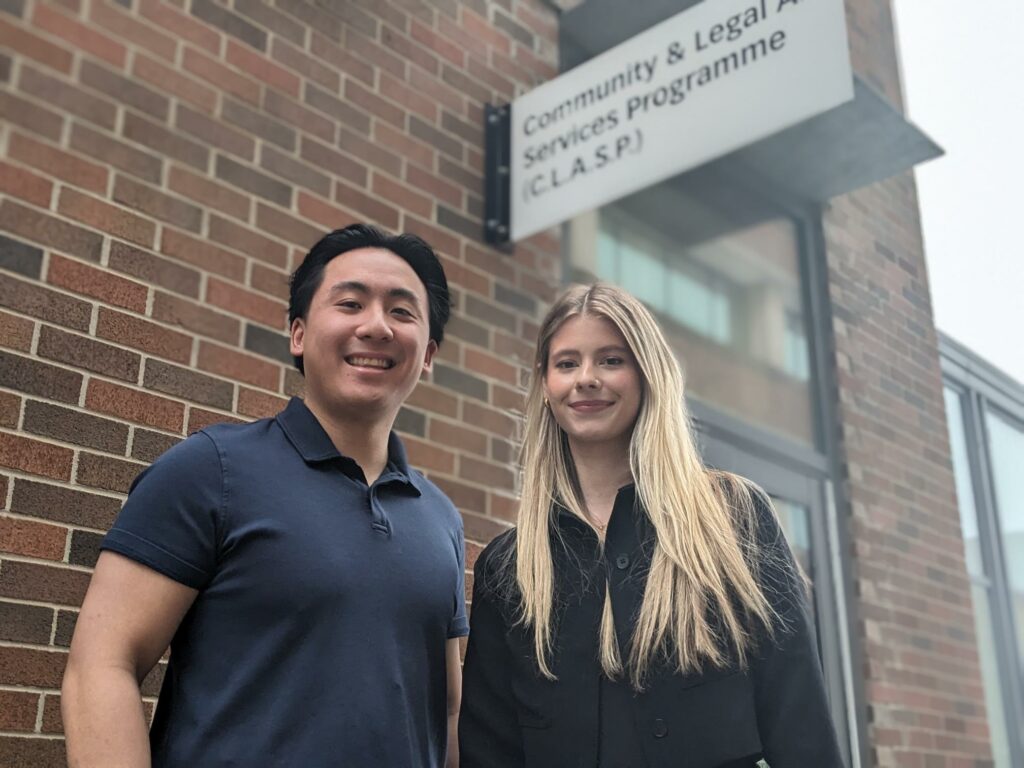
The student’s father became a target of the Revolutionary Armed Forces of Colombia (FARC) in the early 1990s when he was a candidate for the country’s Liberal Party, actively working to prevent youth from joining the paramilitary organization. After several threats and acts of physical violence, the family fled to the United States. They returned to Colombia seven years later, but remained in danger and fled again, eventually making their way to Canada in 2009. With the Colombian peace process currently faltering and FARC still a viable force, the family believes their safety could still be threatened if they return to their home country.
The couple’s adult son is a student in York’s School of Kinesiology & Health Science and their daughter is set to graduate from Queen’s University and plans to study medicine. The son and daughter, who already have permanent residency status in Canada, faced being separated from their parents as well as possible academic repercussions if the deportation had gone ahead as scheduled.
The CLASP team’s request to save this family from deportation was initially denied by the CBSA, so they filed two supporting applications with the Federal Court, under the supervision of CLASP review counsel Subodh Bharati. On Jan. 17, just one day before the scheduled deportation, they appeared in person before a Federal Court judge in Toronto to make their case for the family – and they succeeded.
The parents – who have become actively involved in their Toronto community, volunteering during the pandemic, for example, to deliver food to house-bound, immune-compromised residents – expressed their gratitude to the CLASP team in an emotional email.
“Thank you very much for all the effort that you put in our case,” the mother wrote. “I don’t have enough words to express what I feel right now and to say thank you. You are the best lawyers that Toronto has.”
Their joy was shared by Jang and Sandri.
“We were just so happy,” said Jang about hearing news of the successful stay application. “We’ve built a close connection with the family and we’ve all worked extremely hard on this case.”
Jang said the experience has confirmed his desire to pursue a career in immigration law – and this summer he will work for Toronto immigration law firm Green and Spiegel LLP.
Sandri said preparing hundreds of pages of court applications in a month was a tremendous challenge, but learning that the family can stay in Canada as a result of their efforts was a huge relief and incredibly rewarding.
“It was difficult, in terms of wanting to put out our best work in such a limited time span,” she explained, “and we really felt the pressure of the fact that these people’s lives were possibly at stake.”
As they waited for the court decision, she added, “we both couldn’t sleep because we were thinking about what’s going to happen to this family and we were really stressing about that.”
In the wake of the court decision, Bharati said, the parents can now obtain work permits while they wait for the Federal Court to hear judicial reviews of previous decisions that rejected their applications for permanent residency status.
With the students’ time at CLASP nearing an end, Jang and Sandri expressed special appreciation for Bharati’s guidance and trust.
“All of our experiences at the clinic leading up to this case prepared us for the uphill battle we confronted when fighting for this family,” said Jang. “The result was a total team effort on everybody’s part and it was all worth it.”






